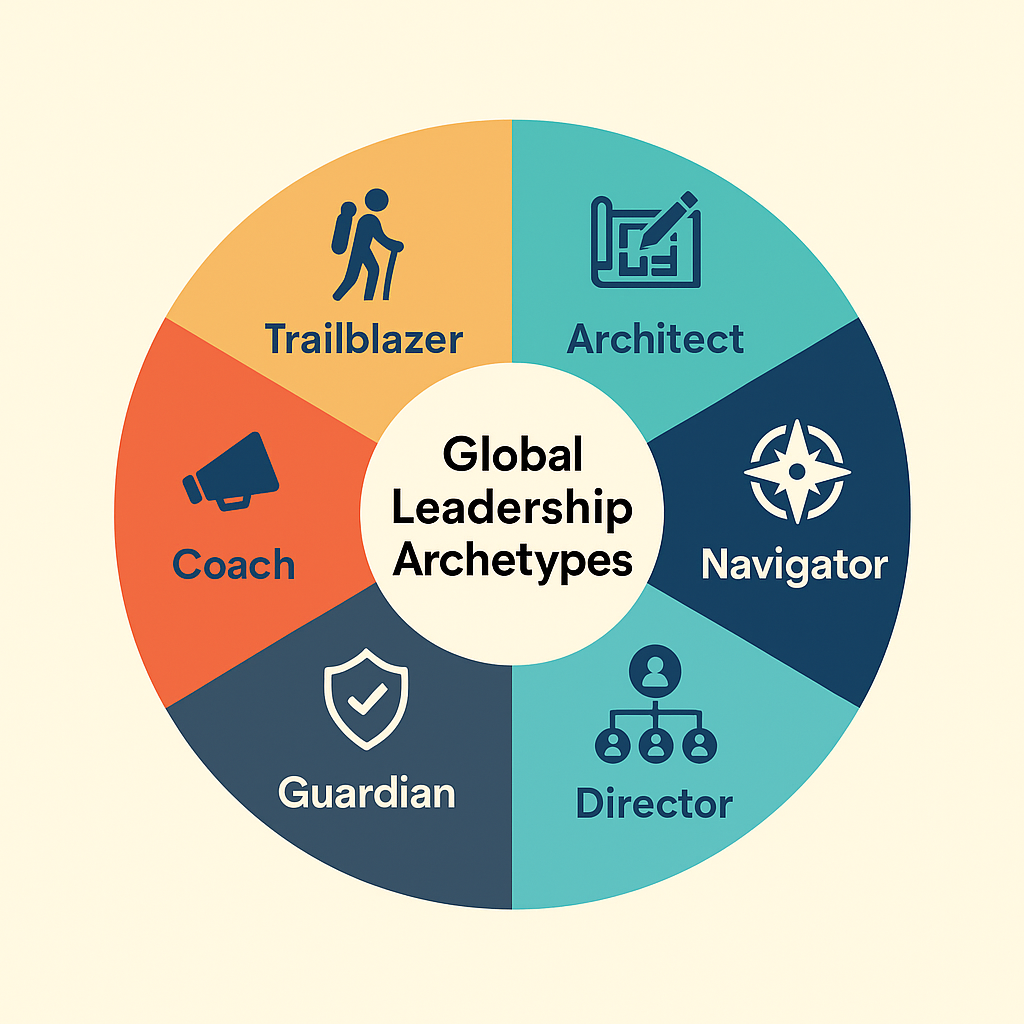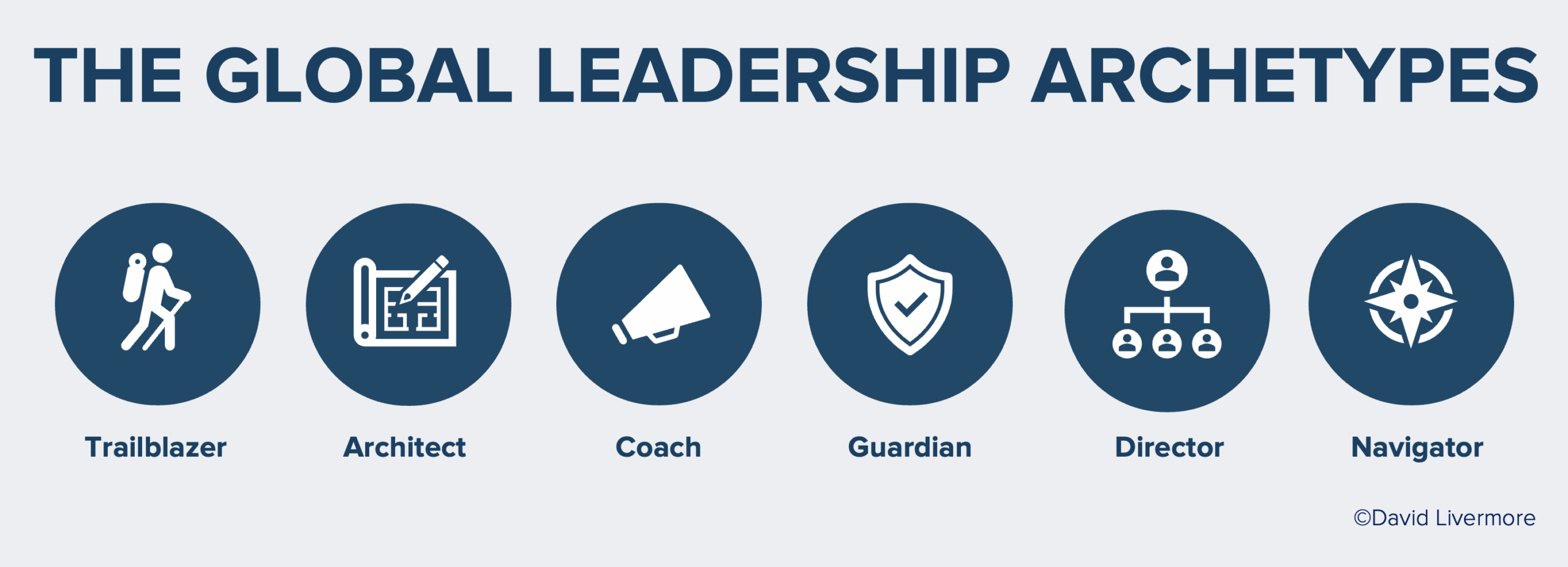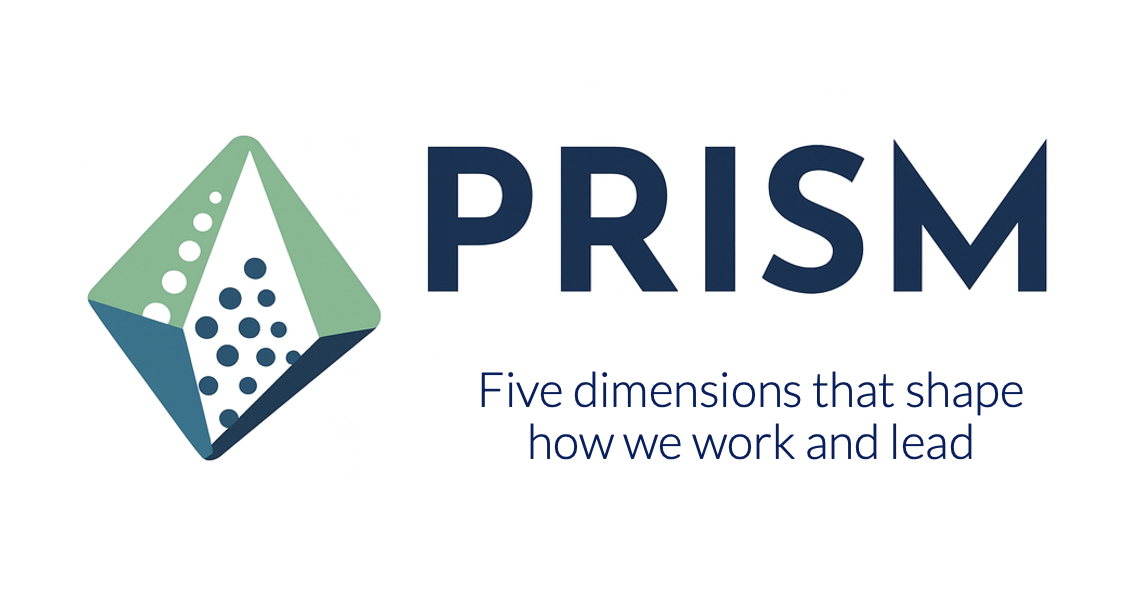 Most every time I speak on cultural intelligence, someone asks “Isn’t this basically a matter of respect? If we would learn to respect each other as fellow human beings, most of our intercultural conflicts would go away.”
Most every time I speak on cultural intelligence, someone asks “Isn’t this basically a matter of respect? If we would learn to respect each other as fellow human beings, most of our intercultural conflicts would go away.”
Yes and no.
I’m happy to agree on “respect” as the driving motivation for cultural intelligence.
But respect is not enough. We can’t always see intent through behavior. You might intend to be respectful when you speak to me in a very blunt way, thinking, I respect you enough to tell it to you like it is. But if I come from a culture that says respect is best conveyed by saving face and speaking more indirectly, what you intend as respectful may actually come off as rude.
Respect is a noble motivation for cultural intelligence. But the way we demonstrate respect is culturally conditioned. Let’s explore a few examples:
Deli in Iowa versus New York
You walk into a deli in New York and you’re greeted with, “Next? What do you want?”. This is the kind of greeting that causes many outsiders to view New Yorkers as rude. But the unspoken principle in a New York deli is to respect customers’ time by getting them in and out as quickly as possible. However, if you walk into a deli in a small town in Iowa and you’re greeted with, “Good afternoon. How you doin’ today?” followed by some friendly chit chat, some customers will view that as welcoming and others will perceive it as rude, inauthentic, and as a disregard for their time.
Royal Treatment versus Green
Last week I talked with an event planner who was organizing a formal dinner in the Emirates to raise awareness and funds for environmental responsibility. The event is hosted by one of the royal families. In reviewing the details of the dinner, the Sheik wanted to ensure that there would be extravagant, large bouquets of flowers on each table. The event planner told the Sheik, “But Sir. It would not send a good message to have a ‘green’ event that includes huge bouquets that will simply be tossed away.” The Sheik was incredibly anxious about the disrespect it would communicate to his guests if the dinner lacked this kind of extravagance and attention to detail. But the organizer convinced him to give guests a potted bamboo plant they could take home with them and nurture.
Respecting a Professor
Or what if you’re a student and your professor comes from a high power distance orientation? Respecting her might mean greeting her by her formal title, standing when she enters the room, and not eating in class. Whereas respect for a professor coming from a low power distance culture would be better demonstrated by coming to class prepared, being on time, offering input, and perhaps reducing the level of formality used in addressing the professor. Respect is conferred and received differently based upon the value orientations of the student and professor.
I applaud any effort to elevate the importance of respect for one another. Respect rests in your intentions and that’s a critical part of cultural intelligence. In fact, CQ Drive–your interest and motivation to adapt to different cultures is the first of the four CQ capabilities. But respect is not enough.
- Customer service reps need the skills to accurately interpret an interaction and respond effectively and respectfully.
- Negotiators need culturally intelligent strategies to build trust and close deals across cultures.
- Organizations need global standards that are applied universally while allowing flexibility for how regions enact standards like responsibility, innovation, and integrity.
These are the kinds of skills we’re privileged to help leaders and teams develop in organizations around the world.
Cultural intelligence has to be driven by respect or it’s simply a tool to manipulate others. But it’s overly simplistic to think what your default social skills and what you intend to be respectful will be enough. The greater the cultural distance, the more likely your respect won’t be interpreted as respect. But as we consciously develop the skills to read a situation, take the perspective of others, and behave with cultural intelligence, we’ll make great strides in being both respectful and effective in our increasingly diverse, globalized world.
Contact us to use a CQ Assessment, schedule a Developing Cultural Intelligence™ Workshop or to create a customized strategy for building cultural intelligence skills.
We also offer Certification in cultural intelligence.



